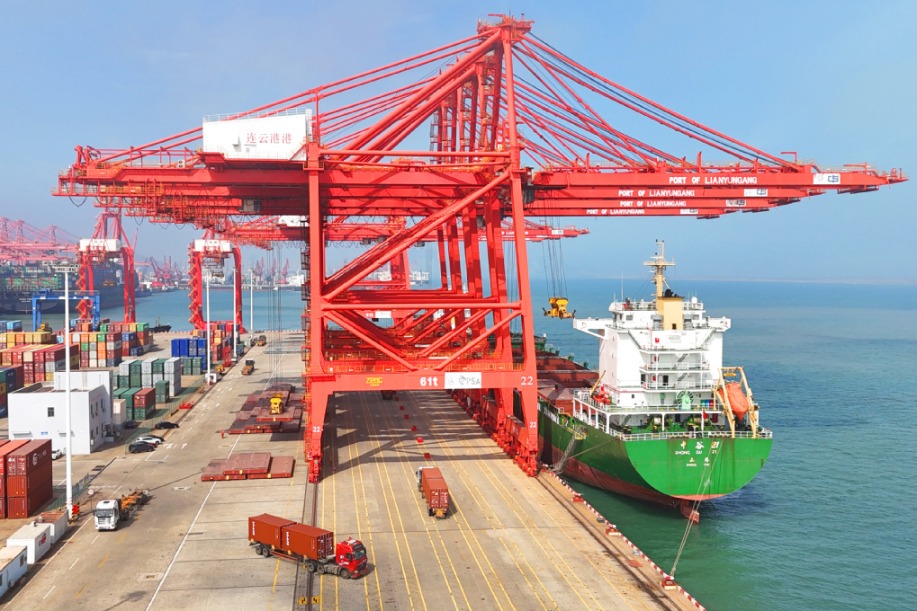Food too expensive for many across EU
By JULIAN SHEA in London | China Daily Global | Updated: 2023-08-04 09:33
New data published by the European Commission's Eurostat office has shown that almost one in 10 people in the European Union was unable to afford a meal containing meat, fish, or a vegetarian equivalent every second day in 2022, up one percentage point on figures from the year before.
The conflict in Ukraine, one of Europe's biggest food producers, has had a major impact on supply chains and prices across the EU, with the cost of food and non-alcoholic beverages rising on an average of 11.9 percent last year, a trend that has continued into the first quarter of 2023.
Altogether, 8.3 percent of people in the EU could not afford a meal with meat, fish, or a vegetarian alternative every second day, and overall 19.7 percent were unable to afford a proper meal, more than two percentage points higher than in 2021.
Romania (22.1 percent), Bulgaria (21.6 percent) and Slovakia (15.8 percent) were the countries worst affected, while the problem was the least widespread in Ireland (1.4 percent), Cyprus (1.5 percent) and Luxembourg (1.8 percent).
Rising costs of agricultural goods such as animal feed and fertilizers have also been contributory factors, with extreme weather conditions only making the situation worse.
Food bank use has risen, and even in Germany, which is seen as having one of the best standards of living in Europe, more than 11 percent of people struggled to eat fully rounded meals even every two days.
Dietmar Bartsch, leader of the parliamentary group of the Left Party, which is the sixth-largest in Germany's Bundestag, with 39 seats out of the 736 available, said the coalition government had done nothing to protect consumers from what he called "price explosions for food", and attacked shops for profiteering when customers were struggling.
"The supermarket has become a rip-off stronghold," he said. "The higher the price, the higher the quota of pasta with ketchup."
Figures show that it is the most vulnerable people in society who are most at risk, with the number of single parents affected being 19.3 percent, a rise of 2.6 percent from the year before.
German broadcaster Deutsche Welle quoted data from the country's Federal Statistical Office, showing that food costs have risen by almost 15 percent during the last year, with inflation currently at 7.3 percent, placing more strain than ever on the country's food banks. Food banks have seen a surge in user numbers since the conflict in Ukraine began, not only because of the rise in prices, but also because of around 1 million refugees from the conflict having been taken in by Germany.
























